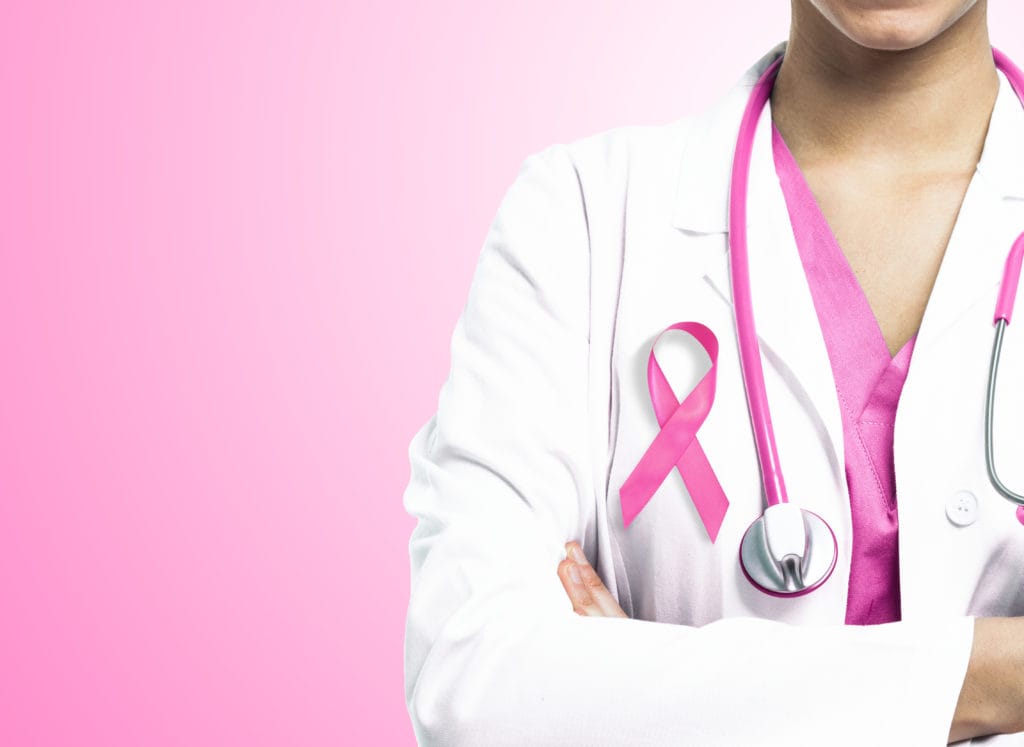
October is National Breast Cancer Awareness month, which is why this month we are discussing the importance of getting an annual checkup done. Throughout the pandemic, many women have felt the doctor’s office is the last place they want to go. Many women have put off their annual checkups for fear of getting sick from going to the one place where all sick people gather. It has been over a year of this pandemic, which means that if you haven’t gone to the doctor in the past year, it is time for your yearly checkup. Men should also not put off their annual checkup as they, too, can be diagnosed with breast cancer. About 1 in every 100 breast cancer diagnoses in the U.S. will be a man, according to the Centers for Disease Control.
A study conducted by the University of Massachusetts Medical School comparing medical records of women and men aged 30-85 who had not been diagnosed with cancer found that breast cancer screenings dramatically decreased from 2019 to 2020. With a decrease in screenings, there will likely also be an increased number of breast cancer cases going undiagnosed. As research has come to find out, treating cancer as quickly as possible is often the best method when fighting it. This lack of screenings is also concerning because it points to the clear impact COVID-19 has had on the healthcare system.
“Our survey shows that the COVID-19 pandemic has disrupted breast cancer screening, including surveillance among women who have been diagnosed with breast cancer,” said Erica Warner, assistant professor of medicine at Harvard Medical School. Warner presented the results of a study conducted by the Massachusetts General Hospital, where they concluded a significant delay in breast cancer screenings.
This concerning trend could have negative ramifications for the future of our country. In an editorial article published in June 2020 in the journal Science, Norman Sharpless, director of the National Cancer Institute, wrote about his grave prediction. In the next decade, about 10,000 more breast cancer or colorectal cancer patients than normal will die due to the ongoing pandemic’s impact on the cancer healthcare system, Sharpless predicted.
In the beginning of the pandemic, many medical offices, including those caring for cancer, delayed non-essential work. Today, as the pandemic is still here, it is vital to ensure you receive an annual checkup, and doctor’s offices are more open than before. We have learned a lot throughout the last year and a half regarding COVID; therefore, taking the proper precautions will ensure that a trip to the doctor’s office will not be the likely source of an infection.

